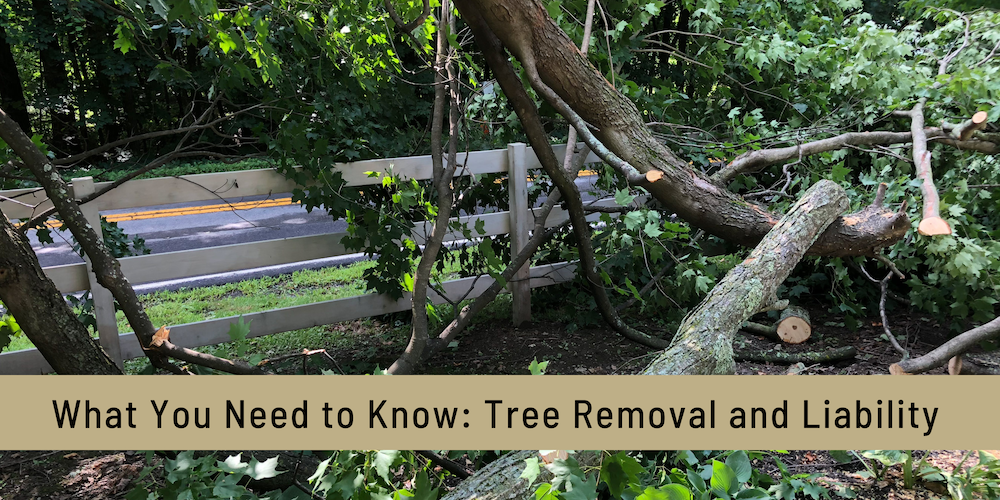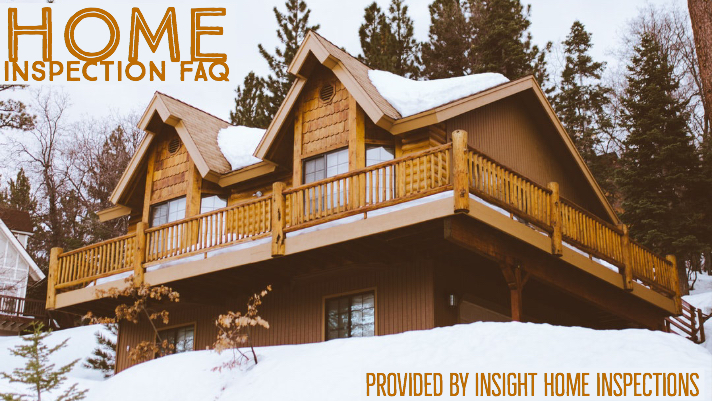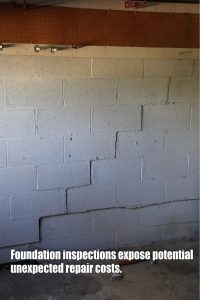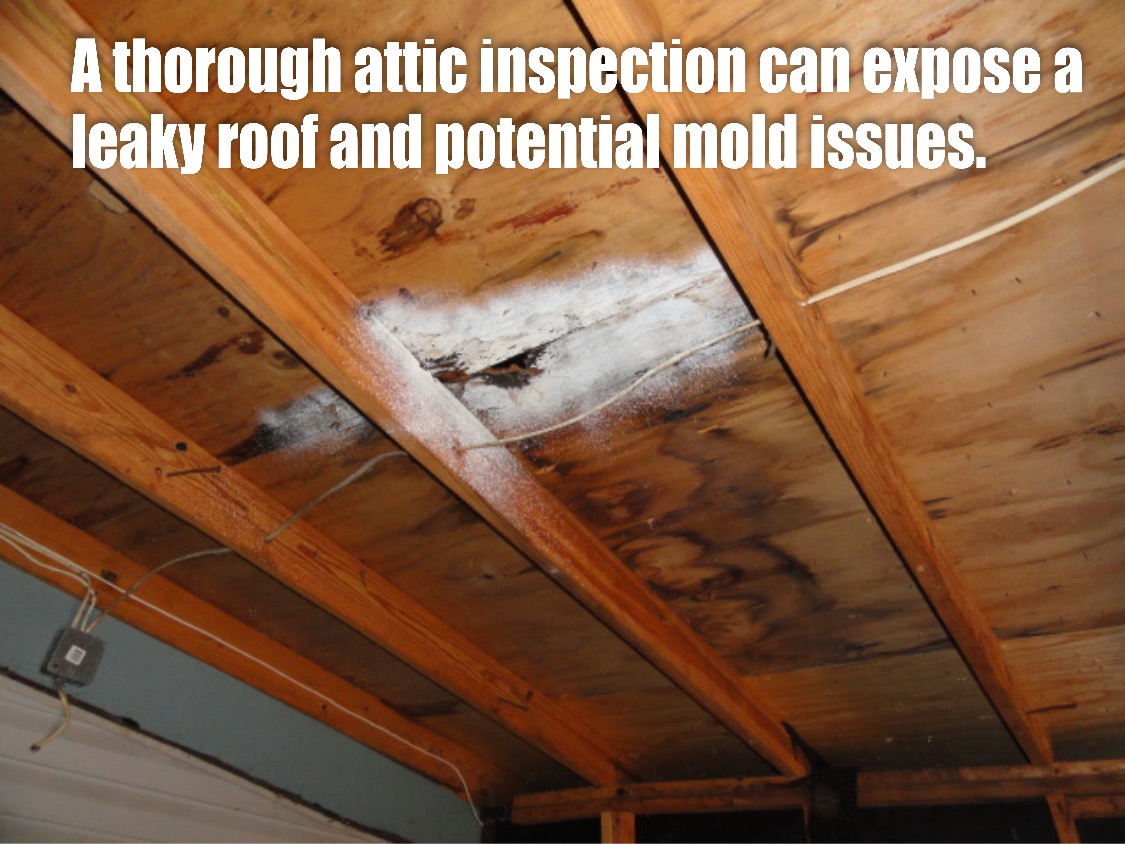
In this blog post, we’re diving deep into three amenities that can help you maximize your rental income: pools, gyms, and hot tubs.

AirDNA provides a few stats related to the availability of these amenities
- Pools are found in 44% of luxury properties, versus 25% of budget properties.
- Hot tubs are featured in about 33% of luxury listings, while only 5% of budget properties include them.
- Gyms appear in approximately 24% of luxury properties, compared to 16% in budget listings.
Pools
There are so many different ways you can provide pool access for your short term rental – resort pool, inground outdoor pool, above ground outdoor pool, stock tank pool, swim spa, or inground indoor pool, and probably many more creative ideas we haven’t listed.
Most often we see these three types of pools at short term rentals in the Smokes
- Resort access
- Inground indoor
- Swim spa
Why a pool at your short term rental?
Providing a way for your renters to create memories with the group they are traveling with without leaving your property is a huge benefit!
Not only is this a benefit to your guest, but can be a benefit to you as a property owner through increased desirability and the ability for higher nightly rates.
Maintenance considerations for the pool at your short term rental
You’ll want to consider ongoing maintenance when deciding if a pool is right for you as a short term property owner, such as
- Regular cleaning and chemical treatment.
- Safety measures (fencing, pool rules, etc.).
- Potential liability concerns and insurance coverage.
“Specifically, luxury listings with pools see a Revenue Per Available Rental (RevPAR) increase of around 38% compared to those without pools.”
Hot tubs
Your guests have most likely packed their schedules full of fun things to do while they are in town, whether that be a full day out on the town or hiking in the Smokies.
Providing a way for them to wind down and relax after a long day is such a benefit!
Not only does a hot tub provide a relaxing experience for your guests, it can also be a benefit to you as property owner by complementing your outdoor space and allowing you to command a premium nightly rate.
You’ll want to consider ongoing maintenance when deciding if a hot tub is right for you as a short term property owner such as regular cleaning, chemical treatment. As well as, potential liability concerns and required insurance coverage.
“With a reported RevPAR increase of around 33% for luxury properties with hot tubs.”
Gyms
Maintaining your health is extremely important – what a benefit to provide the ability to do so without having to take additional time out of their well deserved vacations to find the opportunity to do so.
Adding a gym, whether big or small, to your vacation rental allows you to meet the needs of health conscious individuals conveniently!
You’ll want to consider potential liability concerns and required insurance coverage when deciding if adding a gym to your short term rental property is advantageous for you.
“While the inclusion of pools and hot tubs offers the largest RevPAR and occupancy boosts for higher-tier properties, the inclusion of gyms actually benefits lower-tier properties more. They experience a larger boost in RevPAR and occupancy rates.”
*It’s important to note that the information provided in this blog post is for general informational purposes only and should not be construed as legal advice. While we have made every effort to provide accurate and up-to-date information, we cannot guarantee the accuracy or completeness of the information provided.















 1452 Zurich Road, Gatlinburg, TN 37738
1452 Zurich Road, Gatlinburg, TN 37738